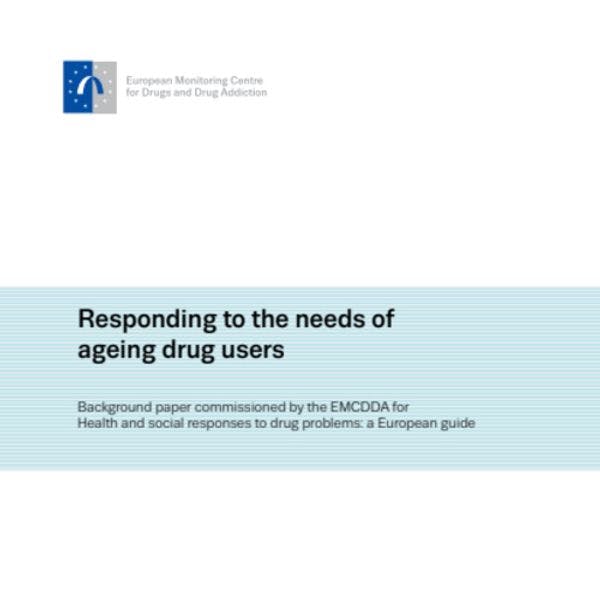New developments in cannabis regulation
For decades, those seeking insights into alternatives to prohibiting cannabis supply have turned to Europe. For nearly 40 years, the Netherlands has tolerated small retail sales, and in February 2017 the Dutch Parliament narrowly passed a bill to regulate the supply of cannabis to coffee shops (1 ). Spain’s cannabis social clubs (CSCs), which are supposed to produce cannabis for non-profit distribution to club members, have proliferated throughout the country despite some of them being forced to shut down. Similar CSCs are now appearing in other parts of Europe (Decorte, 2015; Belackova et al., 2016; EMCDDA, 2016). For the past five years, however, many of those searching for new developments in cannabis regulation have turned their attention to the Western Hemisphere. In 2012, voters in the US states of Colorado and Washington passed ballot initiatives to remove the prohibition on cannabis and to license profit-maximising firms to produce and sell it. In late 2013, Uruguay became the first country in the world to legalise cannabis, although its approach is much more restrictive than that being adopted in the United States. Since 2016, four more US states have approved commercial models for cannabis — including California, the world’s sixth largest economy — and a bill to allow for-profit companies to produce cannabis for non-medical purposes has been introduced in Canada. Recently, politicians in at least six European countries (in addition to the Netherlands) have introduced legislation to reform cannabis supply laws, with many proposing sales through licensed outlets (Hughes et al., 2017). While most of these proposals have already been rejected (Hughes et al. 2017), conversations about cannabis regulation are expected to become more frequent and more detailed in Europe. With this in mind, the European Monitoring Centre for Drugs and Drug Addiction (EMCDDA) has requested a brief report to address the following three questions:
• What new models of cannabis regulation are emerging worldwide and in Europe?
• What is the evidence about the impact of these reforms?
• What are the implications for drug policy and practice in Europe?.
Downloads
Regions
Related Profiles
- European Monitoring Centre on Drugs and Drug Addiction (EMCDDA)
